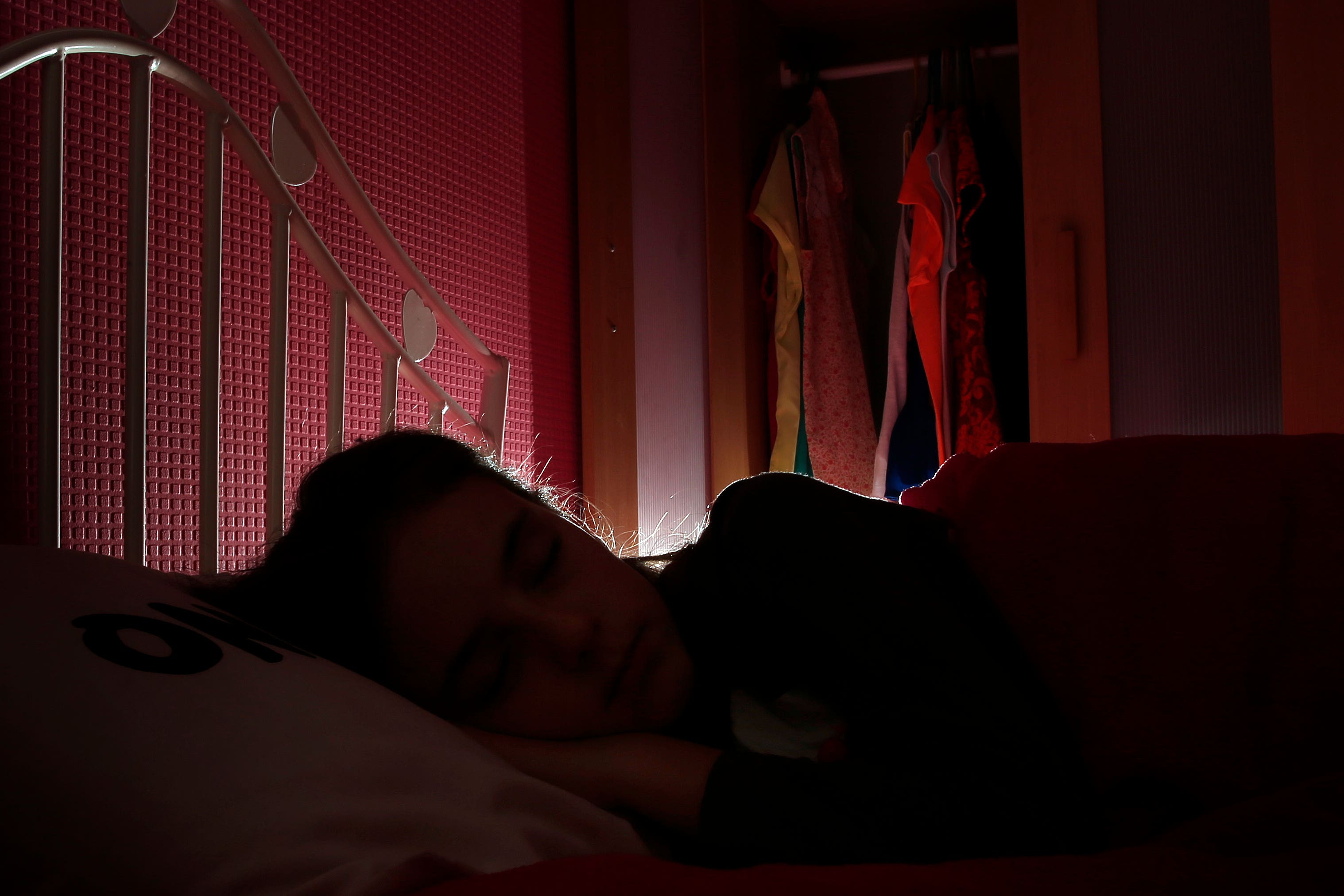Living in deprived areas linked to poorer sleep quality, study finds
Findings show social deprivation and ethnicity affect sleep quality, irrespective of age, sex, personal wealth, employment

Your support helps us to tell the story
From reproductive rights to climate change to Big Tech, The Independent is on the ground when the story is developing. Whether it's investigating the financials of Elon Musk's pro-Trump PAC or producing our latest documentary, 'The A Word', which shines a light on the American women fighting for reproductive rights, we know how important it is to parse out the facts from the messaging.
At such a critical moment in US history, we need reporters on the ground. Your donation allows us to keep sending journalists to speak to both sides of the story.
The Independent is trusted by Americans across the entire political spectrum. And unlike many other quality news outlets, we choose not to lock Americans out of our reporting and analysis with paywalls. We believe quality journalism should be available to everyone, paid for by those who can afford it.
Your support makes all the difference.Middle-aged people living in Britain’s deprived areas have poorer sleep quality than those in affluent places, regardless of their personal wealth, research suggests.
In the first large-scale UK study looking into the effects of sleep across the population, psychologists also found that black people reported the worst sleep overall.
In their findings, published in the journal Clocks and Sleep, the researchers said both social deprivation and ethnicity affect sleep quality, irrespective of age, sex, personal wealth, employment and education.
Professor John Groeger, lead researcher and head of Sleep Well Science at Nottingham Trent University’s school of social sciences, told the PA news agency: “It’s not so much about how much people earn but the area in which they live.”
He added: “The implications of these findings have relevance to better health, educational outcomes and wealth creation and productivity, as poor sleep causes all of these to be worse.
“Socially disadvantaged groups sleep worse, and this may be something we can ‘level up’.”
Socially disadvantaged groups sleep worse
Regular poor sleep can increase the risk of serious medical conditions, including obesity, heart disease and diabetes, and shorten life expectancy.
For the study, which also included psychologists from the University of Roehampton, the team analysed data from about 500,000 people aged 40 to 69 from the UK Biobank, an online database of medical and lifestyle records of Britons.
They investigated reports of sleep problems such as sleeping for too long or too little for their age, waking in the night, waking too early, snoring, daytime sleepiness, and difficulty getting up in the morning.
Results showed almost a third of people in the study reported sleeping shorter (24.7 per cent) or longer (7.7 per cent) than the recommended sleep durations for those age groups.
The researchers also found white people (82.4 per cent) considered it easier to get up in the morning compared with black (74.4 per cent), Asian (73.5 per cent) or mixed ethnicities (74.2 per cent).
Meanwhile, people living in deprived areas reported finding it harder to get up in the morning and were more likely to nap during the day and wake in the middle of the night.
Improving sleep is cheap (and can be achieved) by changing behaviour
Prof Groeger told PA: “There are a range of environmental challenges, such as noise, air, light pollution, for those living in deprived areas, where people live will tend to be more overcrowded.
“Educational outcomes, poverty, unemployment, precarious working, shift working, diet, and perhaps fear of crime, are all likely making it more difficult to sleep easily.”
Prof Groeger said the best sleepers in the study were male, young, affluent, educated to degree level, living with others in the home they own, with a high income, multiple vehicles and a long-term job.
The team said those who were employed or retired reported having better sleep quality than those who were unemployed or unable.
Based on the data, the researchers developed the Problematic Sleep Index, which combines all the sleep issues explored into a single measure and can be used in community health care settings to support those who have poor sleep quality.
Prof Groeger told PA: “Improving sleep is cheap (and can be achieved) by changing behaviour.
“Some people have sleep disorders and medical issues – and that is a separate thing.
“But for people sleeping badly, we know we can improve sleep through education and intervention, and this research shows that targeting such interventions and education in particular geographic areas may the optimal use of scarce resource and expertise.”


